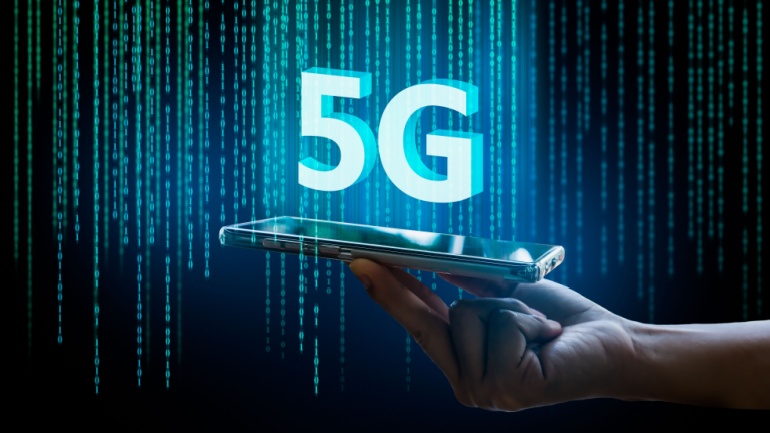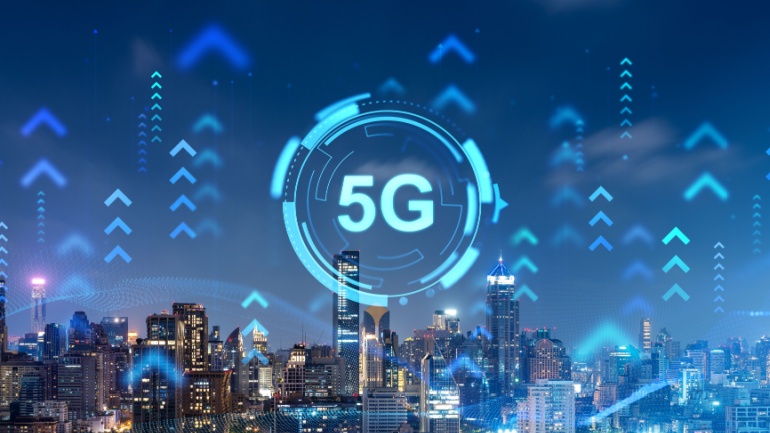In a noteworthy development from the far East, Malaysian Prime Minister Anwar Ibrahim seems to be contemplating Huawei‘s role in establishing the nation’s second 5G network. The discussion was reignited at a recent event organized by the Chinese tech giant in Kuala Lumpur, followed by a sharp rebuke from Professor Dr Ong Kian Ming, a former government minister of Malaysia.
The original national 5G network is the sole responsibility of Ericsson, a company based in Sweden. However, soon after Anwar assumed power, he expressed doubts about the procurement process and indicated his willingness to reassess it. The rumors of a potential alternate 5G network also started circulating around the same time, which elicited an alarm from both the US and the EU in the form of cautious communications urging Malaysia to resist involving Huawei in both projects.
The Malaysian PM’s participation in the recent Huawei event and his supportive remarks for Huawei’s participation in the secondary network have stirred controversy. In his rebuke, Ong stressed the importance of ensuring fair competition for the forthcoming network, rather than directly contracting with a single entity. He further raised questions about the necessity of a second network and conveyed apprehensions about abandoning the existing 5G network.
Communications and digital minister Fahmi Fadzil promptly countered Ong’s criticism, clarifying that Anwar’s statements had been misconstrued and were more congruent with the setting of the event. PM Anwar, it seems, was merely keeping cordial relations with the hosts. Fadzil also reassured that the decision-making process for the secondary network would be based on commercial interests and insisted that interested parties would have the opportunity to pitch when the right time arrives.
Anwar’s earlier stance on Huawei when he was an opposition leader pointed towards a preference for the Chinese company, a sentiment seemingly echoed in his recent comments. It is clear that the prospect of Huawei’s involvement in Malaysia’s secondary national 5G network is opening a can of potential diplomatic wrangling. Consequently, the need for complete transparency becomes paramount. Regardless of the decision, the international community has its eye fixed on the tender processes, and it is expected to make waves on the global telecommunications front.








